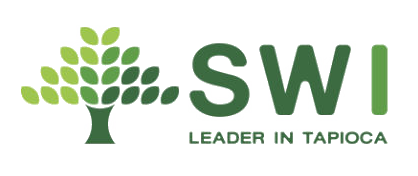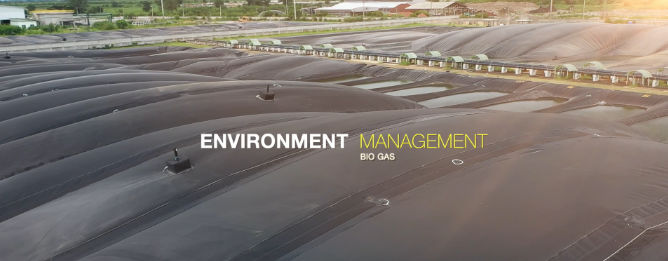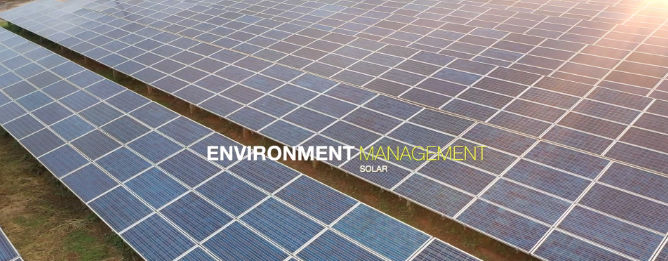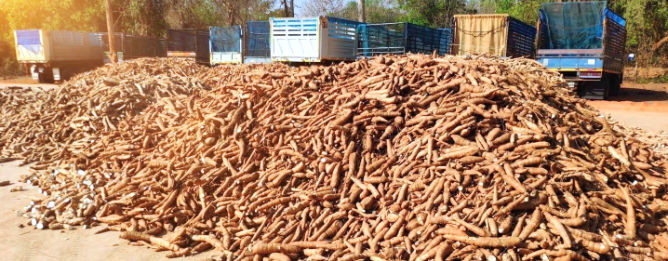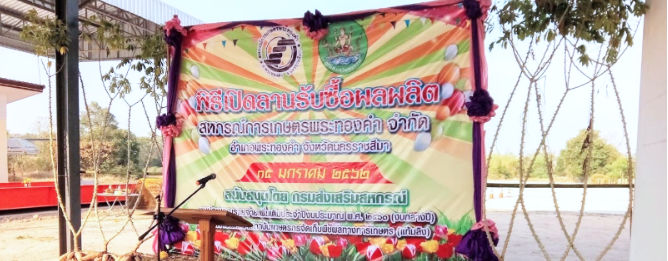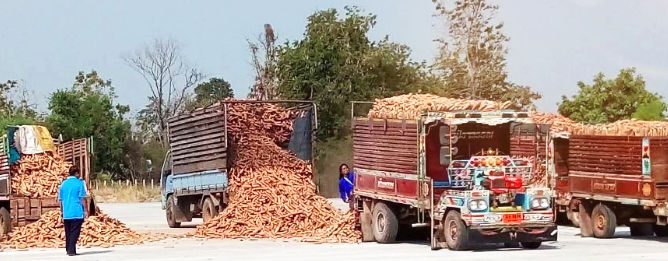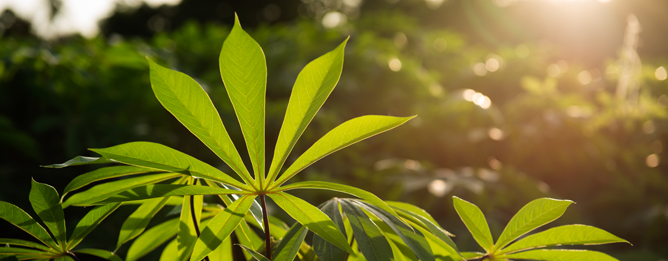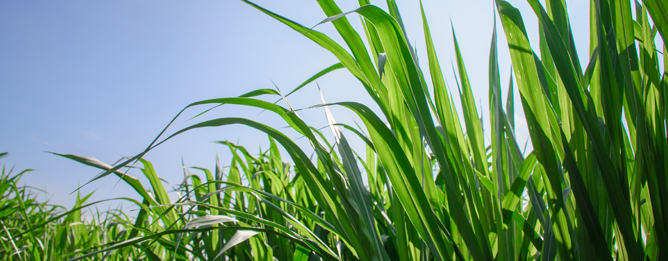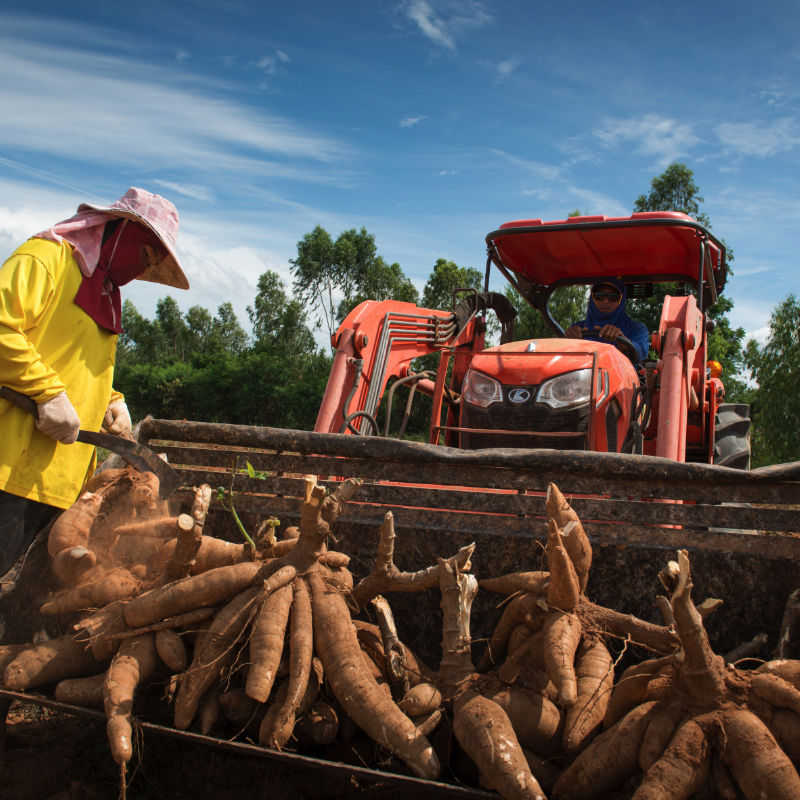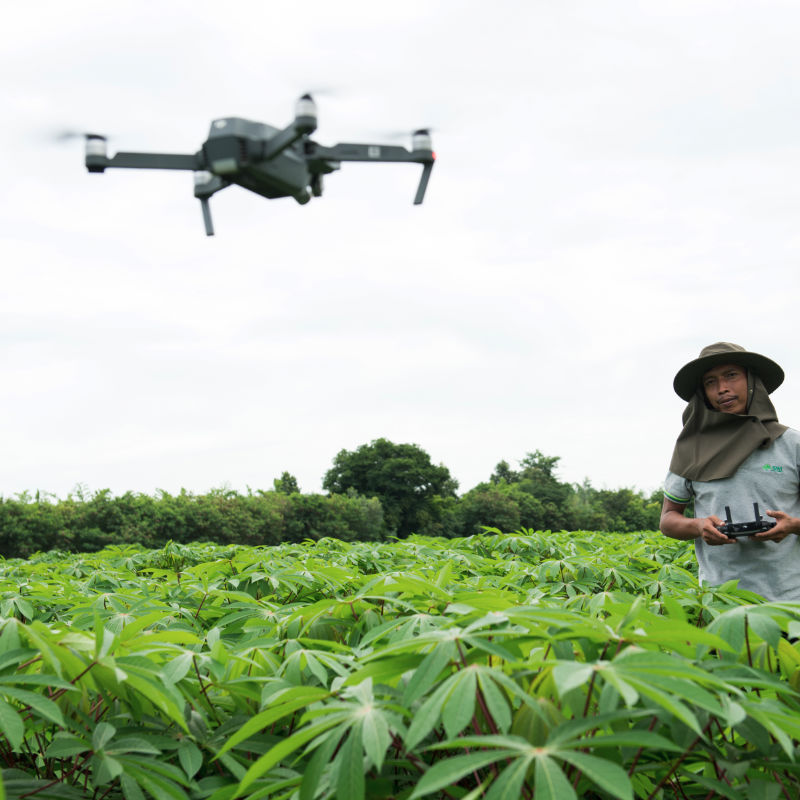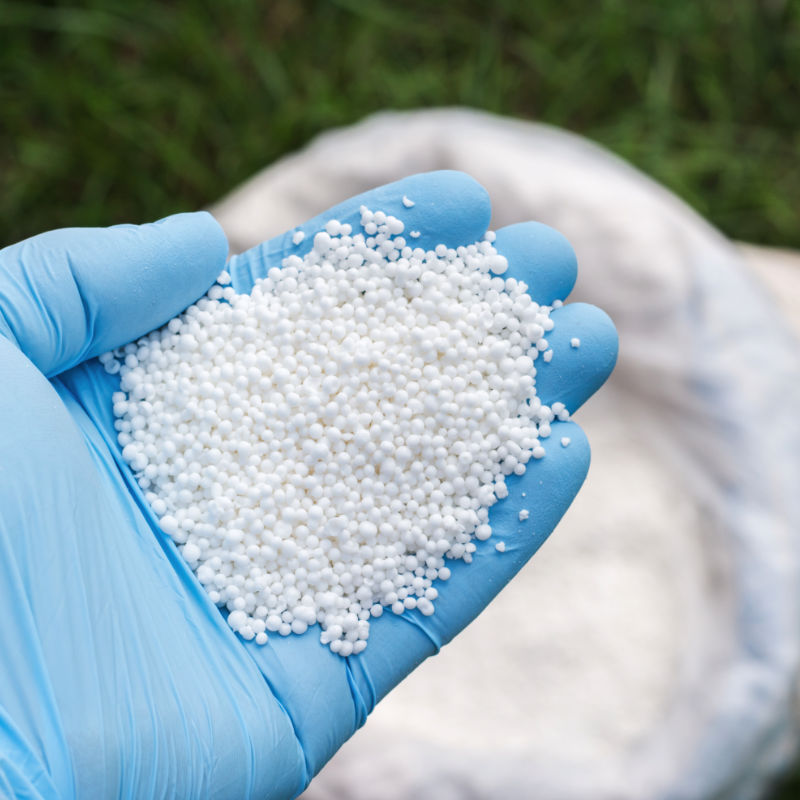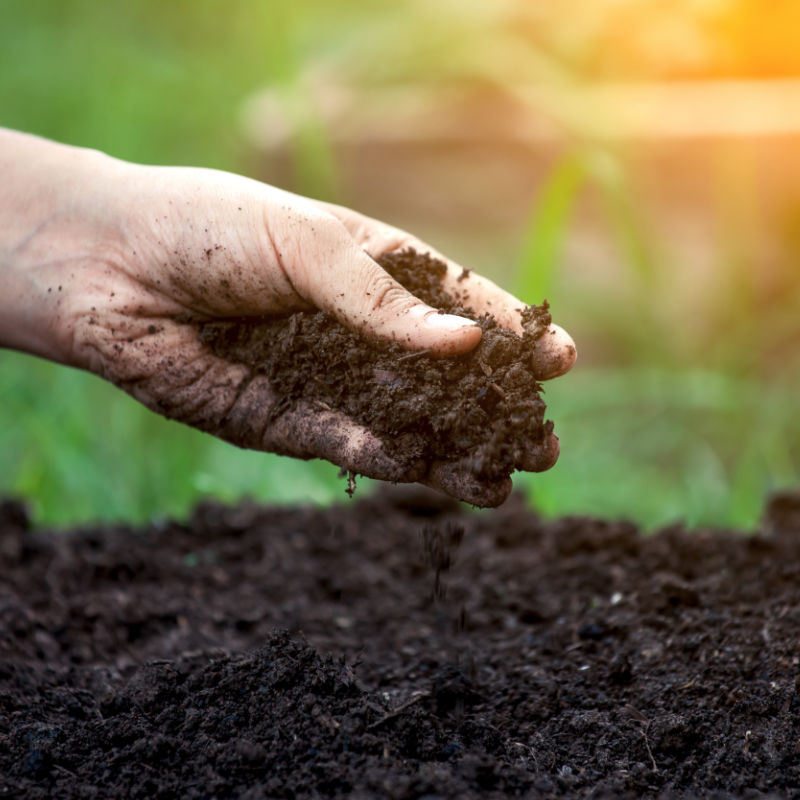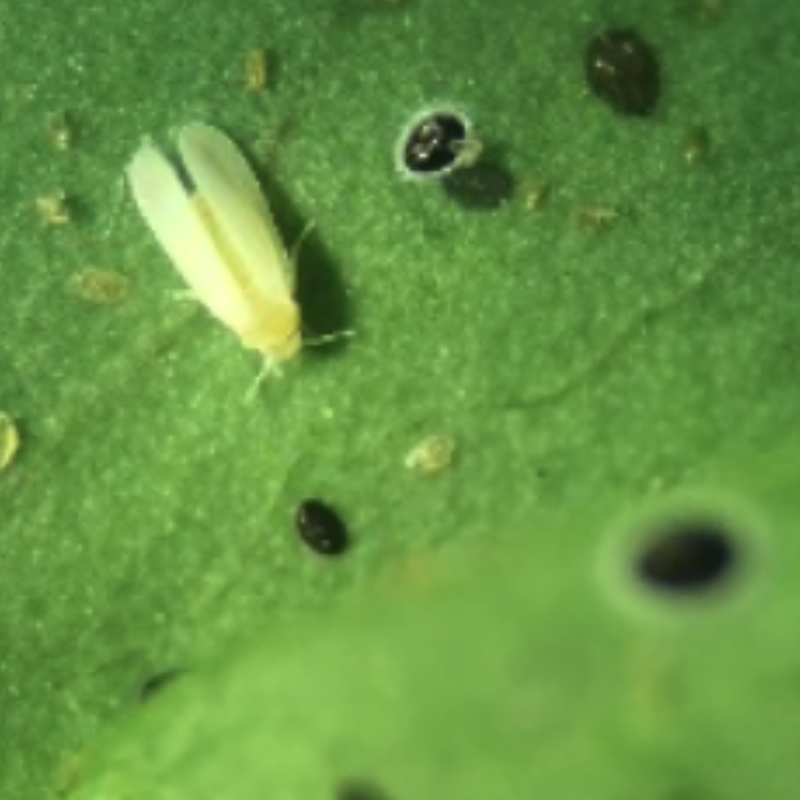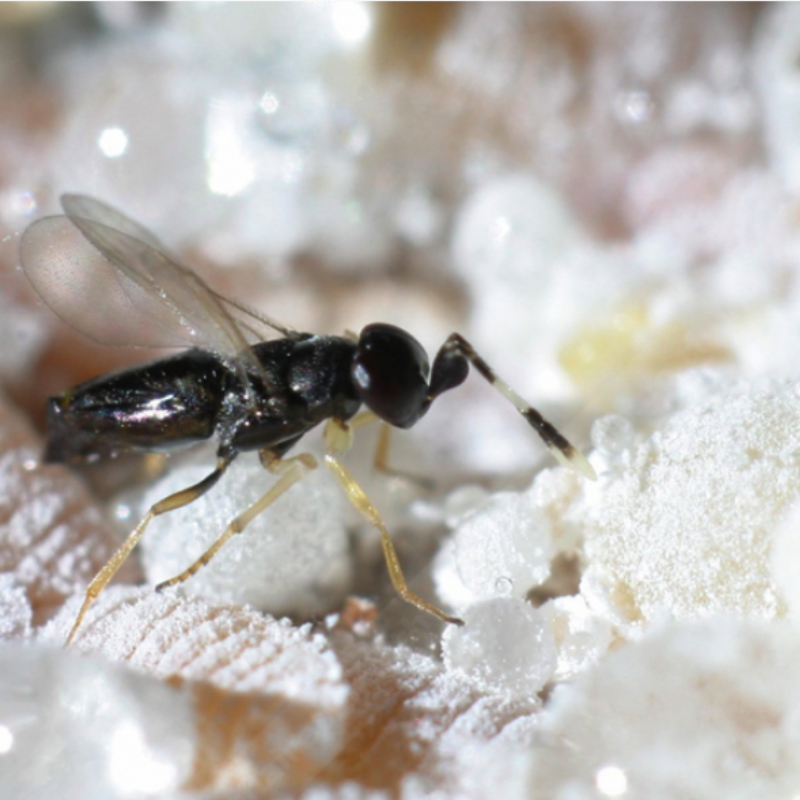
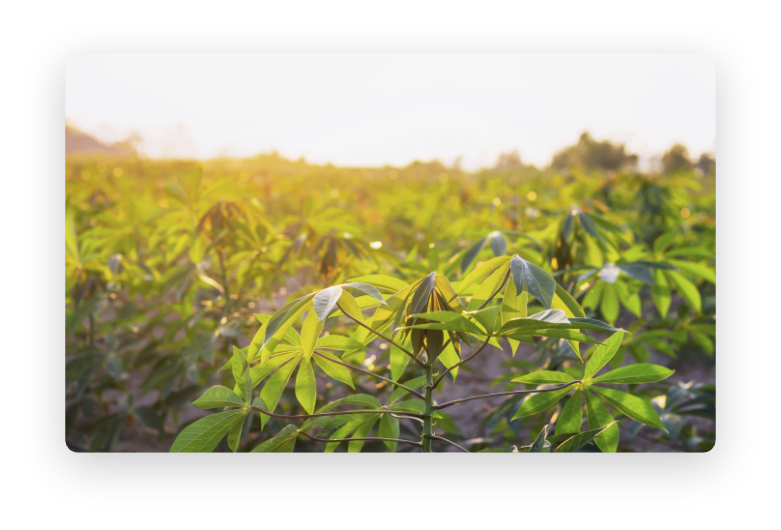
SUSTAINABILITY
SWI is committed to drive the organisation forward via the incorporation of Sustainable Development Goals (SDGs) and Biocircular Economy (BCG) models to deliver the benefits and advancements in the field back to the stakeholders in a balanced and just manner – involving the community, economic and environmental sectors to foster the sustainable growth.
Goal 7:
AFFORDABLE AND CLEAN ENERGY
With the current state of the world, the global economy is heavily reliant on fossil fuels, which is heavily affecting the global climate. Aiming to become more sustainable, it is crucial to advance our organisation to become sustained via the utilisation of clean energy sources such as solar, biogas and steam energy.
Goal 9:
INDUSTRY, INNOVATION AND INFRASTRUCTURE
The establishment of a resilient infrastructure aims to foster the development of an inclusive and sustainable industry while promoting innovation.
This involves creating a secondary market for agricultural raw materials, gathered through agricultural cooperatives, which adhere to fair and transparent purchasing standards. The goal is to generate new businesses and income for agricultural cooperatives, ensuring equitable profit-sharing among members. Additionally, collaboration is encouraged to enhance agriculture, the source of the supply chain, by increasing productivity and reducing costs. This collaboration encompasses the development of new knowledge based on academic principles and supporting production factors.
Goal 12:
RESPONSIBLE CONSUMPTION AND PRODUCTION
Recycle water
In the process of tapioca starch production, a considerable amount of water is required.
SWI has taken an initiative to implement a sustainable and environmental conscious scheme to address future water scarcity challenges.
The process of Activated Sludge process followed by Reverse Osmosis were implimented to recycle waste water into a purified clean water to be reused within the system, mitigating environmental impacts whilst taking a step further towards a sustainable approach.
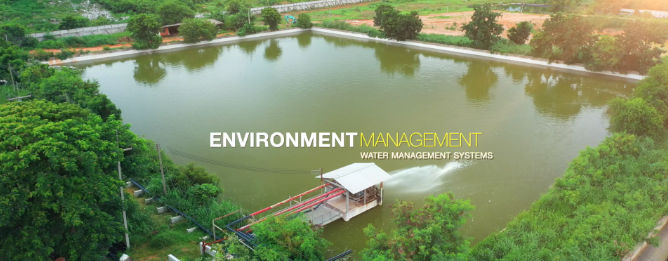
Goal 13:
CLIMATE ACTION
SWI has been actively engaged in research and development initiatives in collaboration with Thailand’s National Science and Technology Development Agency (NSTDA) to implement an innovative mechanisation in cassava cultivation to the community. Through collaboration with NIA, a demonstration plot of 30 acres and comprehensive training programs for tapioca cultivation was established. The program was aimed to teach farmers in Nakhon Ratchasima province about an optimised approach to cassava cultivation; ranging from soil preparation, planting, crop management, and harvesting. This effort aims to reduce costs, increase yields, and address labor shortages in cassava farming.
Napier Grass : SWI has dedicated an area more than 80 acres to cultivate Napier grass to utilise the waste water generated from the tapioca starch production processes. This initiative is a method of water treatment to address the pollutants in waste water, discharging over 300,000 cubic meters annually, which reducing the reliance on mechanised water treatment cost and conserving the local water sources in the area, becoming more sustainable and resource efficient.
Eucalyptus : In response to global warming concerns, SWI places an importance on environmental sustainability. We have contributed more than 60 acres into trees inside and outside the factory premises with the aim a to absorb carbon dioxide whilst improving environmental balance.
IMPROVING CASSAVA CULTIVATION
INCREASE PRODUCTIVITY
-
-
2. Drone Technology for Advancements in Cassava Agriculture
Utilising drone technology is a significantly......
-
-
4. Soil Enhancement via “Soil Husk” and “Sun hemp” (Green Manure)
To become a sustainable industry, util......
-
-


SWI and our affiliated companies are committed to develop an eco-friendly and a sustainable business. By utilising resources and wastes within the system, the circular approach has been adopted creating new jobs, opportunities and sustainable energy; achieving the BCG (Bioeconomy-Circular Economy - Green Economy) policy.


Derived products.
By-products from manufacturing
Circular approach.
